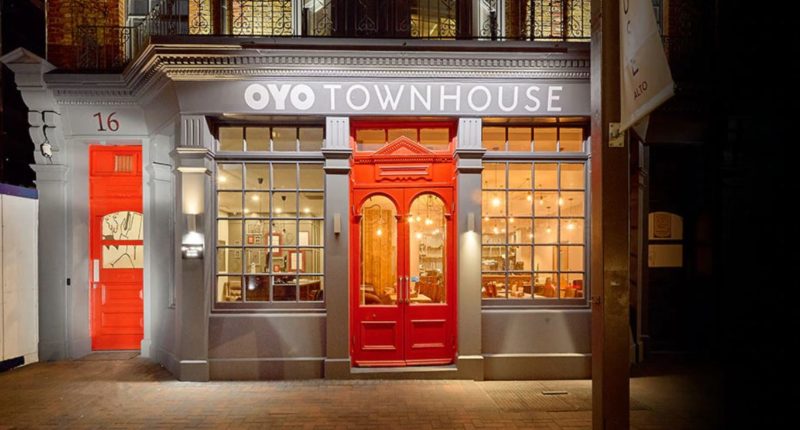OYO, which is fresh off from some recent layoffs, is back to it, albeit this time it is because of the ongoing coronavirus pandemic and its impact on the hospitality business. The India based hotel chain startup, has reportedly handed pink slips to several employees — both in the managerial as well as operational setup, according to a report in the Economic Times. The startup, which has garnered infamy over the last few months in its homeland India as well, had fired over 360 people in February, which amounted to one thirds of its then staff in the states.
The company has been laying off employees from various divisions, including sales, business development and HR, since March.
ET states that the company’s spending in the US has gone down considerably, amid the coronavirus outbreak, which has hit an already not-so-well performing OYO US business. The spending has reportedly being reduced to just a quarter of what it used to be. OYO has confirmed to ET that the layoffs are a side effect of the struggling hospitality sector due to the lockdown in place. US, having registered the most COVID 19 cases with more than 10,000 deaths across the country, is one of the most volatile markets for the hospitality industry right now.
However, the company had been laying off employees way before coronavirus became ubiquitous, giving off pink slips to thousands of employees worldwide, as a part of a global restructuring process. Lay offs for the startup, even in the US market, started before lockdowns were put in place for a third of the global population. Therefore, the layoffs could be a part of that restructuring process as well.
In fact, in an interview with Bloomberg last month, Ritesh Agarwal, founder of OYO, stated that the company is expecting to lay off about 5000 more employees as a part of its global restructuring deal.
OYO’s business problems, signs of which started appearing way before the current crisis, have been further compounded by the coronavirus outbreak. Even in its home market India, OYO has reportedly invoked a “force majeure” clause, effectively ceasing all payments to its partner hotels in the country. The company also offered a new model to its partnering hotels, where it would share 10% of the net revenue of a hotel, besides sales and marketing costs, channel charges and customer acquisition expenses. Before, the company offered a minimum guarantee fee to all its partners, regardless of the revenue generated.
The Tech Portal is published by Blue Box Media Private Limited. Our investors have no influence over our reporting. Read our full Ownership and Funding Disclosure →






